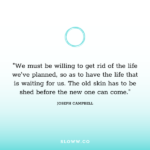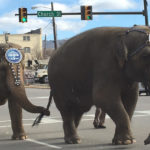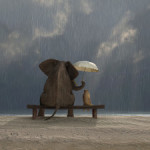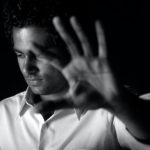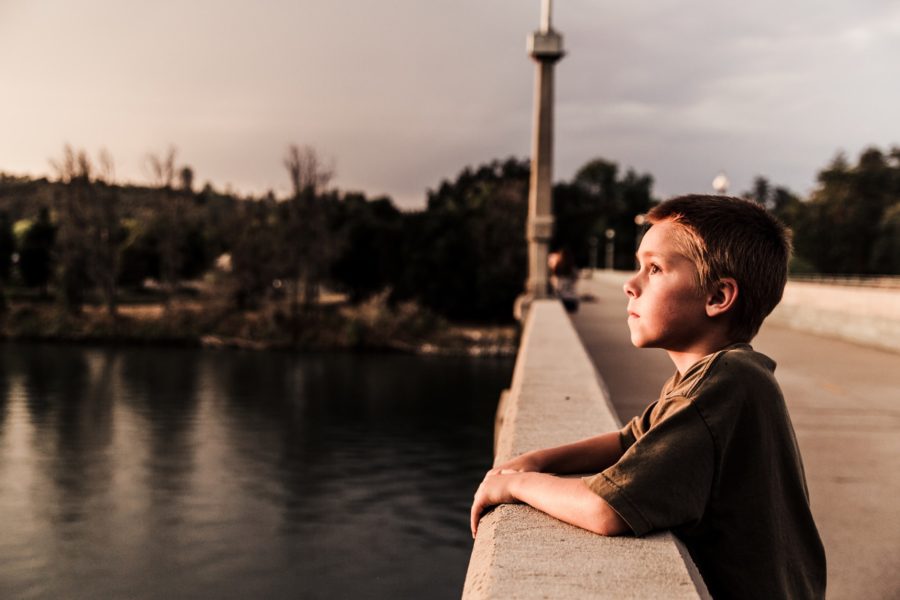
It has taken time and a certain discipline for us to learn to “do quarantine” well.
It isn’t a skill the contemporary American adult learned as a kid. Quite the opposite: we were expected to get out, air-out, connect and join. Expand, not restrict. And to be physically active and brave, not concerned and cautious. “Go” and “do”—not “stay” and “stop.”
No one in my family ever said “Now, don’t forget, today you have to work on isolating. Remember, part of your future success will depend on how well you learn to live a restricted life.”
But the kids today are learning just that. And there are some positives to be said for adding this skill to one’s accomplishments—if you turn off screens and pay attention.
Madeleine Dore, an Aussie, who writes Extraordinary Routines gives us her take on the quarantine experience.
(Excerpt)
On the subtle relief of narrowing our plans and ambition
by Madeleine Dore
I had a dream recently about a plane nose-diving from the sky. As it grew closer and the space between us narrowed, instead of feeling terror or fear, I felt this sense of awe and relief. Everything was ending, and I didn’t have to do anything.
The last couple of months have forced many of us to let go of plans, projects, ideas. We’ve collectively faced unexpected endings in various corners of our lives. For many of us, our lives have become narrowed.
In Melbourne, our daily lives are confined to a curfew, to an hour of exercise a day, to one shopping trip for essential items, to work and study from home, if we are able.
This narrowing can be disorienting and disruptive. It feels claustrophobic, even in my own privileged circumstances being able to work from home, to live alone, to be able to socially distance yet still find small pockets of connection with a phone, a walk.
Endings no doubt bring grief, but I’m also curious about the sense of relief that some endings and stopgaps can bring.
Perhaps it’s the relief of not having to make a decision anymore. There is no more FOBO – the fear of better options – because there are so few options. When an action or ending is outside our control, the fear of getting it wrong is diminished. It’s no longer up to us: the decision has been made for us.
Whether an ending brings relief or grief also might have something to do with being comfortable with the not-doing that accompanies it.
(…)
ON MAKING ROOM FOR JUST ONE THING
Maybe an ending or a narrowing of our lives brings relief because it brings us closer to this idea of doing one thing well.
(…)
Ever since that dream of the plane taking a nosedive, I’ve been inspecting my shoulds and letting go ruthlessly. I’ve surveyed what I’ve been putting off and let it be a guide to stop adding something to my to-do list.
I’ve listened to what I don’t want, because sometimes the don’t-wants are more defined, they can be spotted and plucked from our days like weeds. That process isn’t always easy, and involves setting boundaries or shifting priorities, but by letting go of what you don’t want, you make space for what you do want to emerge.
I’ve narrowed my projects, my plans, even my ambitions – and it’s a great relief to let go, but there is still discomfort.
It’s uneasy to be in the space this narrowing – external and internal – has created. Every day, I’m wrestling with feeling like I’m stagnating and becoming redundant, yet resisting the urge to fill the space with a myriad of projects again.
(…)
(But) we need empty, undesignated space so we can keep figuring it out, over and over, nosedive after nosedive, narrowing and narrowing, allowing ourselves to inch closer to the mystery, the awe and the relief of it all.











